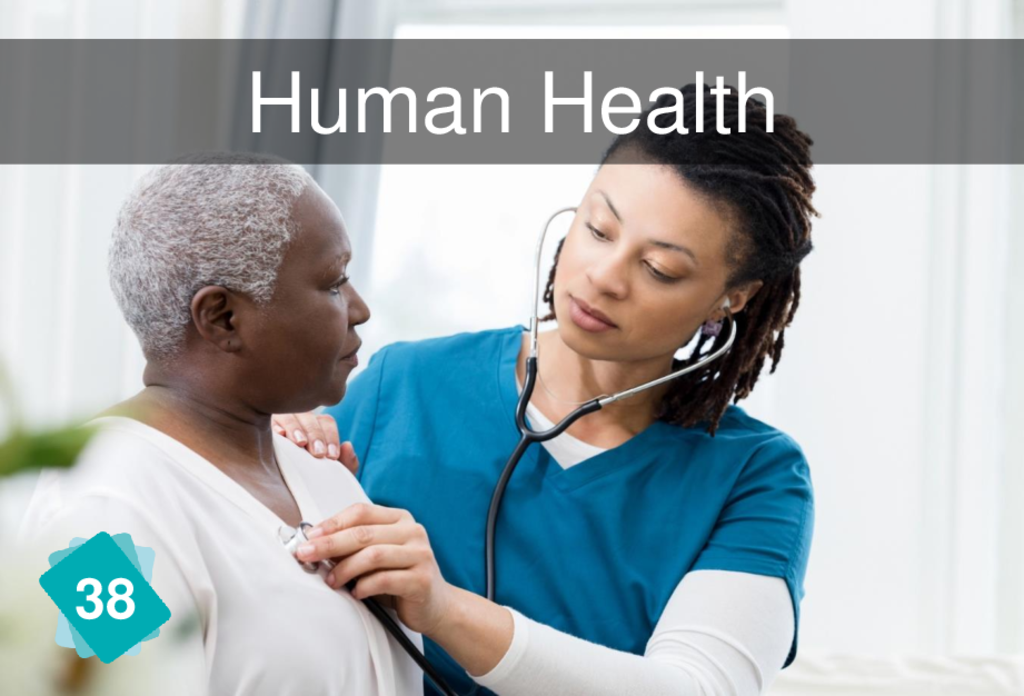En-en adult card 38 human health: Difference between revisions
No edit summary |
No edit summary |
||
| Line 9: | Line 9: | ||
* [[En-en_adult_card_28_vectors_of_disease|Vectors of Disease]] | * [[En-en_adult_card_28_vectors_of_disease|Vectors of Disease]] | ||
* [[En-en_adult_card_31_freshwater_resources|Freshwater Resources]] | * [[En-en_adult_card_31_freshwater_resources|Freshwater Resources]] | ||
* [[En-en_adult_card_37_famines|Famines]] | |||
=== Consequences === | |||
* [[En-en_adult_card_40_armed_conflicts|Armed Conflicts]] | * [[En-en_adult_card_40_armed_conflicts|Armed Conflicts]] | ||
== Explanation == | == Explanation == | ||
Revision as of 10:56, 5 April 2021
Card #38: Human Health
| Causes | Consequences | |

|
Starvation, displacement of disease vectors, heat waves and armed conflicts can affect human health.
Correction
Causes
Consequences
Explanation
It is one of the cards that can be placed last, as one of the ultimate consequences of climate change.
Other possible links
Other causes
Heat waves Heat waves can be devastating, especially for older people.
To go further
The Sámi are an indigenous people from an area covering northern Sweden, Norway and Finland as well as the Kola Peninsula in Russia known as Lapland. The livelihoods of the Sámi are endangered by global warming[1].
The same applies to the livelihood conditions of the indigenous peoples of the Arctic Circle in Canada and Russia[2].
Increase in water-borne diseases (cholera, malaria, dengue fever, diarrhoea, hepatitis (hepatitis A and E), typhoid, some meningitis in Israel, etc.).
Increasing vulnerability to the survival of Aymara farmers in Bolivia due to the lack of freshwater resources caused by global warming[3].